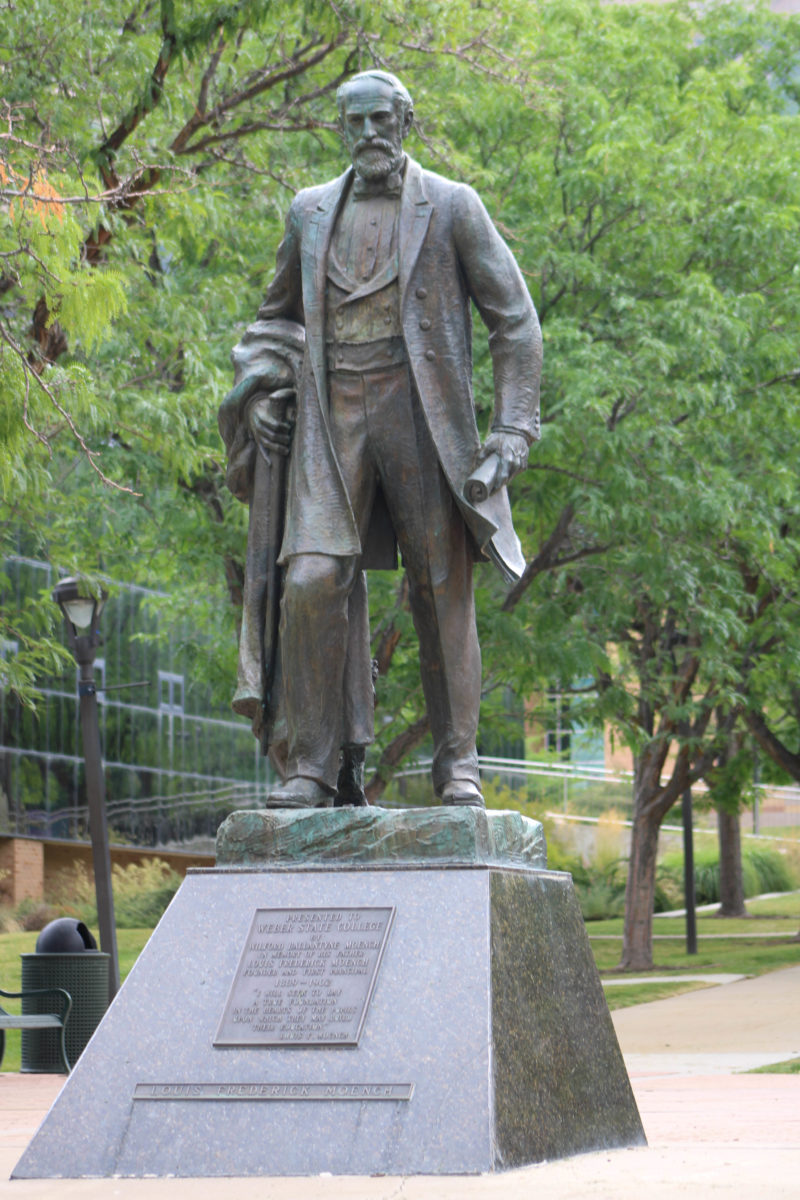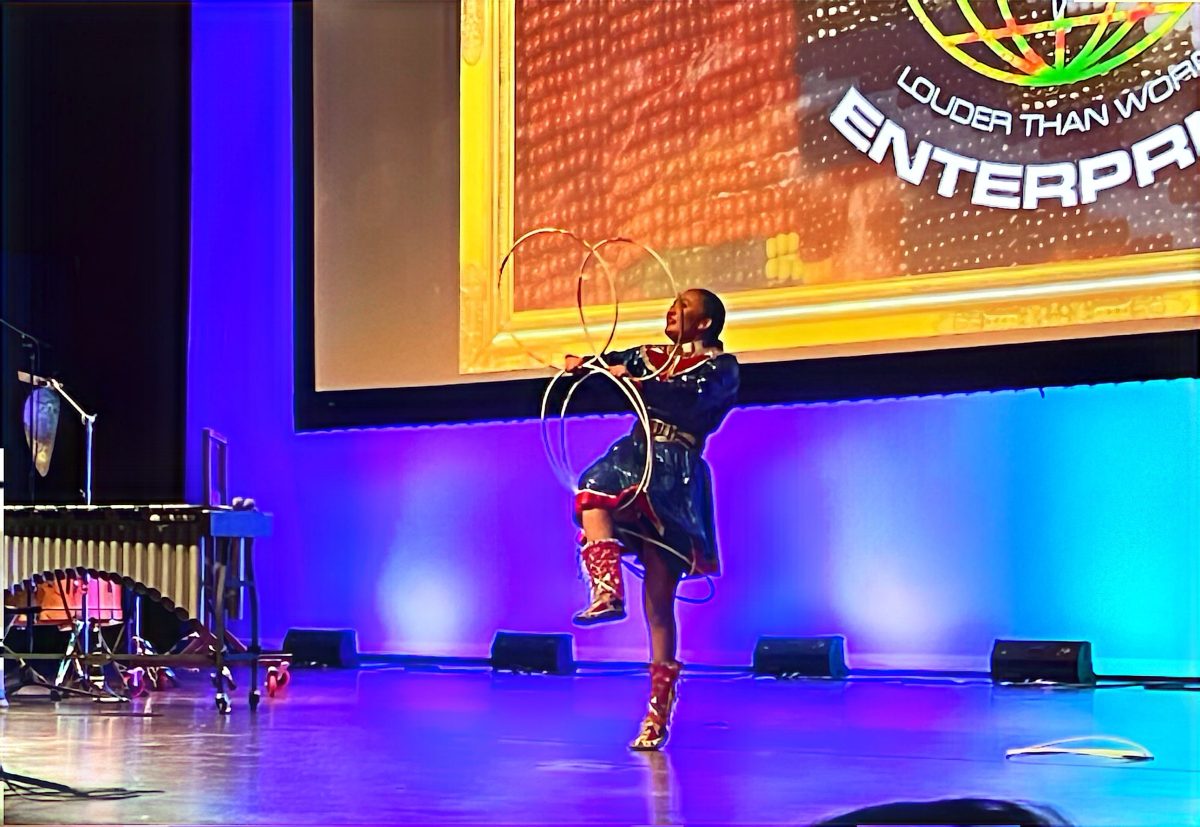When did media get so political?

I’m not talking about the news and late night talk shows. Feel free to breathe a sigh of relief. Then again, if you did think this was going to be about those, I probably already lost you.
I’m talking about video games and high-profile movies. Once, all we had to worry about in video game universes was saving our town, the world or the whole universe from some great evil. Maybe we played in a foreign country on earth, indiscriminately wreaking havoc upon bad guys, or maybe we did it on a made-up world, but the basic ideas were all pretty much the same.
I’m not saying much has changed. “Call of Duty: Black Ops 4” comes out in less than four months, and for those of you concerned about the franchise being too short, “Battlefield 5” comes out a few days after. “Black Ops 4” is set to eschew the traditional lackluster campaign, and hop on the Battle Royale train with their new “Blackout” mode, and “Battlefield 5” returns us to the franchise’s roots, with some good old-fashioned Nazi shooting during WWII.
But for the most part, video game writers and research and development teams seem to have decided its time for them to start using their medium to advance political messages, and I’m proud of them. They’re not always subtle about it, like a high school boy trying to pick up his crush. Just like that boy, however, we can ignore the fumbling overtures and appreciate the thought behind the gesture.
I have no idea when this trend started, but I want to look at games released since Donald Trump took the presidency and see if we can find even the smallest of threads.
“Wolfenstein II: The New Colossus” hit the market last October to critical acclaim but mediocre fan reviews, four years after its predecessor rebooted the franchise. In it, the Nazi’s won WWII. It’s 1961, and your job is to gun down as many Nazis as you can in an attempt to aid the resistance in America. “Battlefield 5,” coming out a year later, will tell some of the lesser known stories of the Second World War.
It gets better.
“Far Cry 5,” which released just four months ago, follows a character known only as “the Deputy” as he fights to free the fictional Hope County, Montana, from the dangerously charismatic preacher Joseph Seed. He has brainwashed Hope County and maintains absolute demagogue-like control over his flock, encouraging xenophobic fear of the outside world.
“Fallout 76,” releasing in November, maintains the franchise’s characteristic flavor, as players fight their way through in a nuclear wasteland — except this one occurs right in the aftermath of the nuclear holocaust.
My personal favorite right now is “Detroit: Become Human,” released this past May. “Detroit” takes place in 2038, in Detroit (go figure), the android capital of the world. In this seemingly-idealistic future, humans have created affordable (typically running around eight grand) robot assistants, companions, friends and even children.
In “Detroit,” game developers really don’t make us think hard about the message. We play as three different androids. One, Markus, is abused by protesters early on in the game for being an android and stealing human jobs — in “Detroit,” American unemployment sits at a powerful 37.7 percent. After he suffers their abuse, he gets on the bus and stands in the back with his fellow androids, labeled “Android Section.”
Think that’s heavy-handed? As Kara, you save the daughter of an abusive father and take her on the run. Kara’s ultimate goal, echoing the sentiment of opposition during Trump’s campaign, is to take Alice to Canada where androids are much less prominent and all together less hated.
And if that’s not enough, toward the end of the game, the humans crack down hard on the android revolutionaries and begin gathering up androids into execution camps.
These games are charged with political messages. I remember “Far Cry” in particular taking an online beating, probably because the preacher is featured prominently with a heavily-modified American flag throughout the trailer, really driving home the message that this could be us.
It doesn’t end there: movies have gotten in on this space too. “Black Panther,” a critically and commercially acclaimed film, which left theaters only weeks ago, has a narrative seated squarely in the politically charged.
If that isn’t enough, “The First Purge,” releasing July 4 this year in the U.S., returns to an America that condones one day of the year where all crime, particularly murder, is legal.
Already a series charged with political tension, “The First Purge” arrived on the scene with a poster featuring a red hat with “The First Purge” in white text proudly emblazoned on it. In one trailer, the question “What makes America great?” is answered with “Americans make America great.”

I love all of it.
We were beaten over the head with just how deep-seated the rifts in this country are during the last election cycle. Again and again, we were shocked by the actions of Trump and his party, until, like a prescription drug abuser, nothing gives us that shock anymore. These video game and movie writers have adopted a strategy of crashing a truck labeled “politics” into our brains.
If that’s what it takes to get a message through to some of these people, I’m all for it.



















